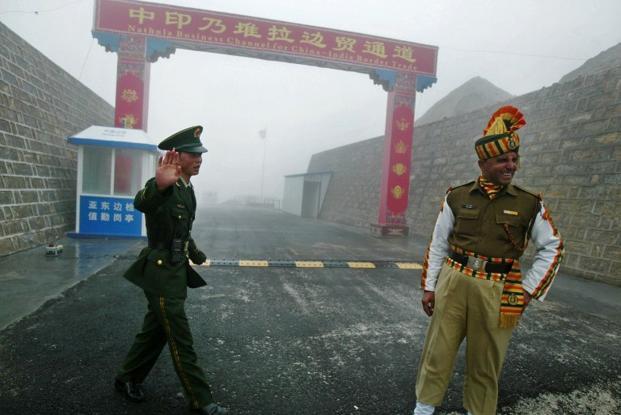By Ejaz Karim
Some are calling the China-Pakistan Economic Corridor (CPEC) as the China-Punjab Economic Corridor, while some are seeing it as a game-changer for the entire region. Every province is striving within and outside the parliament to become a major beneficiary or at least a beneficiary of the project, except Gilgit-Baltistan (GB), which is the gateway to the multibillion-dollar project.
As per media reports, Punjab, Sindh and Khyber-Pakhtunkhwa (KP) have identified 27 sites for Special Economic Zones (SEZs). Not only this, the Punjab government has asked for exemptions on customs duties for initial import of capital goods, machinery for the establishment of industry, and a 10-year income tax exemption. The Sindh government has proposed projects such as Marble City Project, Pakistan Textile City and Chinese Special Economic Zones in these SEZs. The KP Government has also proposed establishment of a marble and granite-based industrial estate in Mansehra, an industrial estate in Nowshera, another industrial estate in Chitral and expansion of the Hatter Industrial Estate.
Being a gateway to CPEC, GB should be a major beneficiary of the project. It seems the GB government is happy and celebrating the construction of a road. It is not even ready to accept the fact that the region is the most underdeveloped of all regions, it is marginalised and it is faced with huge unemployment. In the prevailing circumstances, Gilgit-Baltistan Chief Minister Hafiz Ur Rehman and his cabinet members’ statements to the media would not address development and unemployment issues. Not only this, there are reports that the Sost dry port in GB is being shifted to Havelian in KP. Shifting of this project from GB to KP will deprive the region of thousands of jobs.
Unfortunately, the GB government has failed to foresee the long and short-term impact of the project on the region. Recently, in an interview to a private TV channel, Rehman said: “We do not have expertise in any field to make feasibility reports, so I requested the Federal Planning Commission to make feasibility reports for us.”
Around 3,000 km-long CPEC will pass through GB, which does not fall within the ambit of the constitution of the Islamic Republic of Pakistan. Since 1947, the region has been treated as a disputed territory and annexed to Jammu and Kashmir. The region is deprived of all fundamental human and civil rights and it has no representation in the National Assembly of Pakistan or any other national legislative body. From day one, the federal government has never bothered to invite GB officials to any national level meeting on CPEC. Numerous All-Party Conferences were held on CPEC to address smaller provinces’ concerns, but GB was always ignored.
The federal government’s indifference toward GB is really worrisome for the people of the region. The federal government must ensure that GB gets its due share in CPEC. The federal government should consult the GB leadership instead of imposing its decisions on the province. There are also media reports that GB is being divided to give CPEC a constitutional protection. The government of Prime Minister Nawaz Sharif should not repeat the act of military ruler General Ayub Khan who ceded almost 7,000 square kilometres of Shimashal, Hunza to China as price for the construction of the Karakoram Highway.
“The provincial government of GB believes the region has been getting its due share. All is well for them because they are enjoying their perks and privileges,” says Zahoor Elahi, organizer of the Awami Workers Party.
There are some important questions pertaining to CPEC and GB. For instance, how much money will be invested in GB under CPEC? How many roads, motorways and highway will be constructed and what kind of infrastructure will be improved in the region under the project? How many hydropower stations are planned in GB? What kind of industry will be established or promoted in GB under CPEC? And how the impact of the environmental degradation will be dealt with?

